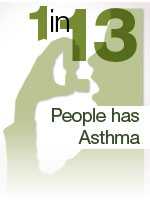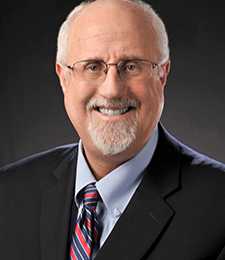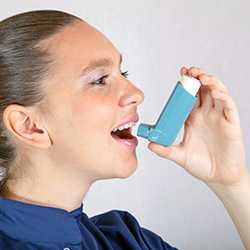Be Alert about Asthma
Know what to do to breathe easy
Asthma is a disease that affects your lungs. An asthma attack happens in your body’s airways. During an asthma attack, the sides of the airways in your lungs swell and the airways shrink. Less air gets in and out of your lungs, and mucous clogs up the airways even more. An asthma attack may include coughing, chest tightness, wheezing, and trouble breathing.
Asthma affects 24 million people living in the United States, including more than 6 million children. It causes 3 in 5 people to limit their physical activity or miss days at school and work. Asthma is the leading cause of missed school days related to chronic illness. It causes more than 10 million missed school days a year. Asthma is also expensive, costing the nation $56 billion each year.

There is no cure for asthma. But you can control it. Here are some tips that can help you control your asthma:
- Follow Your Doctor’s Advice
- With your healthcare provider’s help, make your own asthma action plan. Decide who should have a copy of your plan and where they should keep it.
- Use Inhalers and Take Your Medicine
- Asthma medicines come in two types: quick-relief and long-term control. Quick-relief medicines control the symptoms of an asthma attack. If you need to use your quick-relief medicines more and more, visit your doctor to see if you need a different medicine. Long-term control medicines taken daily help you have fewer and milder attacks, but they don’t help you while you are having an asthma attack.
- Avoid Triggers
- Your triggers can be very different from those of someone else with asthma. Know yours and learn how to avoid them. Watch out for an attack when you can’t avoid your triggers. Some of the most common ones are tobacco smoke, dust mites, outdoor air pollution, cockroach allergen, pets, mold, and smoke from burning wood or grass.
Remember: You can control your asthma.
Contact Information
NCEH/ATSDR Office of Communication
(770) 488-0700
envhealthmedia@cdc.gov
Spokespersons
Paul Garbe
Paul Garbe, Branch Chief, National Asthma Control Program

“Anyone who has asthma should have an asthma action plan, a written plan developed with your doctor. It lists what medicines you take, how to control asthma long-term, and when to call the doctor/go to the emergency room. If your child has asthma, all caregivers should know about the asthma action plan.”
Paul Garbe, Branch Chief, National Asthma Control Program
Patrick Breysse, PhD

“CDC’s National Asthma Control Program is reducing the number of deaths, hospitalizations, emergency department visits, school days or workdays missed, and limitations on activity due to asthma. The program has improved asthma treatment, management, and control in the U.S.”
Patrick Breysse, PhD - Director, CDC’s National Center for Environmental Health/Agency for Toxic Substances and Disease Registry
Related Links
- Most Relevant
- CDC Related Links
- Additional Resources
- Multimedia ( e.g. podcasts, videos)
- Social Media (sample tweets)
Learn how to control your #asthma: http://www.cdc.gov/asthma/faqs.htm
1 in 13 people live with #asthma in the U.S. Learn more: http://www.cdc.gov/asthma/default.htm
24 million Americans have asthma. Learn more: http://www.cdc.gov/asthma/default.htm
#Asthma is expensive. It costs the nation $56 billion per year. Learn more: http://www.cdc.gov/asthma/nacp.htm
#Asthma causes more than 10 million missed school days each year.
#Asthma is the leading cause of missed school days related to chronic illness.
- Page last reviewed: May 12, 2016
- Page last updated: May 12, 2016
- Content source:


 ShareCompartir
ShareCompartir
